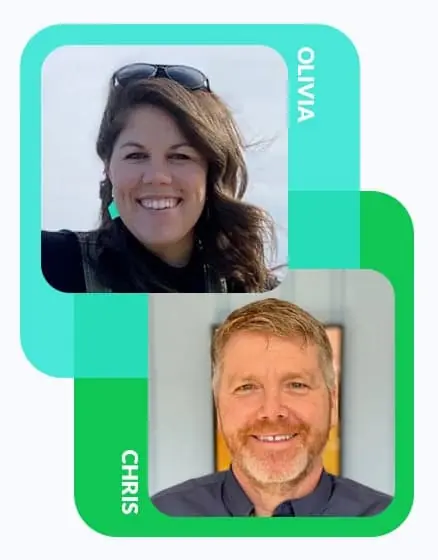Fred Wagner, Partner at Venable, LLP in Washington, D.C. has been a practicing environmental lawyer for 35 years. The debate around a definition of Waters of the United States (WOTUS) has persisted his entire career, and is likely to continue. The recent Sackett v. EPA ruling introduces new uncertainty into an already fraught regulatory landscape.
“If you've been looking for certainty over the last three or four decades over the definition of WOTUS, you've been sorely disappointed.”
Fred Wagner saw the debate over what constitutes Waters of the United States (WOTUS) begin the year he graduated law school, and he's been at the center of his work ever since—on behalf of those trying to apply for permits under Section 404 of the Clean Water Act, on behalf of the government trying to enforce, Section 404 of the Clean Water Act. Wagner has written a Supreme Court Amicus brief in the second litigation dealing with the recent Sackett v. EPA case decided by the Supreme Court of the United States (SCOTUS).
Sackett v. EPA is only the most recent case to come before SCOTUS. “There's been four chances—four chances!---for the Supreme Court to figure this all out, and they never really have,” said Wagner. The worst instance was the Rapanos v. United States case, where the court ruled 4-to-4-to-1. “They totally split over what the meaning of WOTUS is, and almost by default, they adopted Justice Kennedy's significant nexus test,” he said. “Significant nexus has been what the EPA and the U.S. Army Corps of Engineers (USACE) have used for the last decade or so. But the Rapanos decision still wasn't very clear, and it got worse because the government tried to regulate based on that decision.”
Things have been in flux during the last three administrations. “The Obama administration tried rules, the Trump administration tried rules, the Biden administration rescinded those,” Wagner said. “Then the Biden administration tried rules. They came out at the very end of last year—almost at midnight on December 31st last year. And then, of course, the Supreme Court says, ‘You know, the basis for your rulemaking, we don't agree with that either.'”
In the Sackett case, said Wagner, SCOTUS did its best to make a bright line test for what WOTUS was going to mean for purposes of enforcing the Clean Water Act, and in most views, they did create a much narrower definition. The significant nexus test, which was rejected by all nine justices of the Court, contained concerns related to the technical aspects of a water resource and its relationship to other sources of water in the nearby area. Now, the test is whether there is a distinguishable difference between the water feature and a traditional navigable water, such as wetlands on the coast of Louisiana or the Outer Banks of North Carolina.
Some estimates propose that the scope of jurisdictional waters could have been reduced by half, a figure Wagner is uncertain about. What is more certain is what would have been regulated over the years is much smaller now than it was then.
How does regulation play out post-Sackett? What's at stake?
It's still not 100% clear, said Wagner. EPA and USACE have publicly announced their plan to engage in a quick rulemaking to react to the decision, slated to come out in September. Wagner will believe it when he sees it: it would be “almost unheard of” for an agency to do a major rulemaking in that timeframe.
With that said, there's a lot of pressure on the agencies to provide some guidance. Currently, permit status and processing remains in the air, and the regulated community has lots of questions, said Wagner, like: “What about our pending permits? Are jurisdictional determinations gonna change? What about our plans?”
There's now also the question of how the Sackett decision affects ongoing and unresolved litigation related to the significant nexus rule. In some cases, said Wager, judges have put the cases on hold in anticipation of new regulations from the EPA—and even then, their decision will be subject to challenge.
“So, you know, I'm still going strong in my career,” Wagner laughed. “I'm not holding out hope that by the time I finish practice, there will be a firm, clear, and undisputed definition of WOTUS.”
Even so, Wagner says the Sackett decision provides more clarity and guidance than recent years have offered. “The implications of [the decision] for Clean Water enforcement, for water pollution management, and for the conservation of water resources are pretty severe.”
Along with the rest of the regulated community, Wagner will see what happens in September. “There's going to be plenty of other litigation and challenges to boot.”



